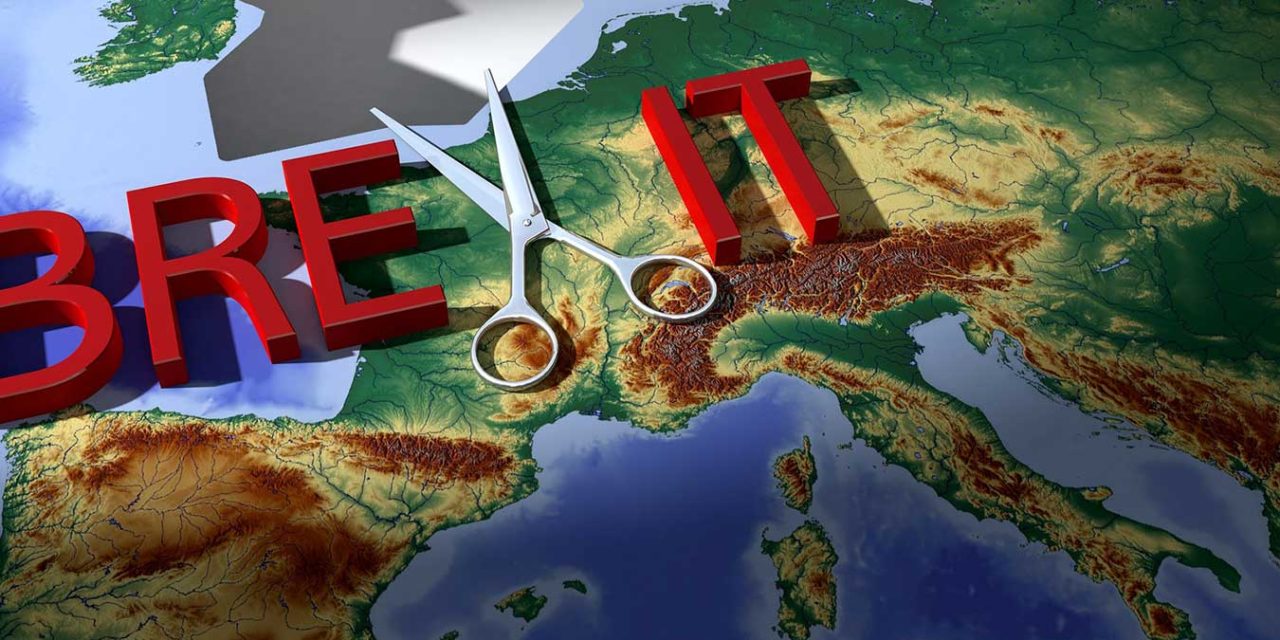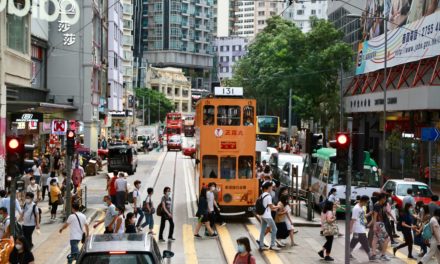The British government has announced that if the UK leaves the EU without a deal on October 31 then all freedom of movement of EU citizens coming into the country will end at the same time, sparking a backlash from critics who say the move is “reckless and irresponsible”.
The change announced by the British government would affect all EU nationals coming to the UK for more than a short period from the beginning of November onwards.
“We are leaving the EU on 31 October come what may. This will mean that freedom of movement as it currently stands will end on 31 October when the UK leaves the EU,” the Home Office said in a statement on Monday.
This is a departure from Theresa May’s government who had said that, even in the event of no deal, freedom of movement rules for EU citizens would be phased out gradually. Under Mrs May the rules were either going to be extended until January 2021 or EU citizens would be allowed to stay for three months before having the option to apply for a longer stay.
There are more than three million EU residents in the UK and for them an immediate end to freedom of movement raises serious concerns.
Nothing to Worry About
The UK government insist that they have nothing to worry about and that they must apply for the EU Settlement Scheme, which is designed to grant EU residents in the UK legal status that means that they can continue to work or study and have access to health care and public benefits.
EU citizens in the UK will have until December 31st, 2020 to apply for the program as long as they arrived in the UK before we are due to leave the EU on October 31.
“After Brexit the government will introduce a new, fairer immigration system that prioritises skills and what people contribute to the UK, rather than where they come from,” the Home Office spokesman continued.
Boris Johnson, the current UK Prime Minister, said on Monday that the UK would not become a country that was hostile to immigration but that he wanted it to be democratically controlled.
The government has not elaborated on exactly what it will replace the current immigration system with and says the changes will be announced soon.
Chaos in the Waiting
However, politicians across the political spectrum, as well as rights activists, have raised doubts about if the EU Settlement Scheme will work properly.
Nora Mulready who works on the EU Settlement Scheme helpline told Duetsche Welle (DW) that EU citizens in the UK now, would have difficulty re-entering the country if they hadn’t registered for the programme by the Brexit departure date.
While those who don’t apply to the scheme at all would also be denied the right to live and work in Britain, implying that this could give rise to a situation in the future similar to the Windrush Generation immigrants from the Caribbean but on a potentially much larger scale. In the Windrush Scandal many people living in the UK of Caribbean origin were deported, lost their jobs or homes or were denied medial care and benefits to which they were entitled. All of them in fact had the same rights as British citizens.
Pro-remain politicians have heavily criticised the decision. The Liberal Democrats who campaigned to stay in the EU and support another referendum, said that suddenly halting free movement “will hugely increase the damage caused by a no-deal Brexit. It is irresponsible and reckless.”
The Conservative MP Alberto Costa, who has campaigned extensively on the rights of EU citizens in the UK post-Brexit, described the government’s decision as “deeply concerning”. He warned that it will have repercussions and will affect the way EU countries deal with British citizens who live there post-Brexit.
“If the British government abruptly terminates the legal arrangements in respect of citizens it will directly negatively impact on innocent British citizens working in the EU,” he said in statement.
In terms of logistics, it is likely that shelving freedom of movement on the day after the UK leaves the EU, will make an already chaotic scenario, even more problematic. 40 million EU citizens arrive in the UK every year and so all the checks that they will need to go through at airports and ports will put a significant burden on already overstretched customs officers.
- Why is California So at Risk from Wildfires? - 13th November 2019
- Carbon Offsetting is Growing but Does it Make a Difference? - 11th November 2019
- Three Confirmed Dead as Australia Prepares for “Catastrophic” Bushfires - 11th November 2019






